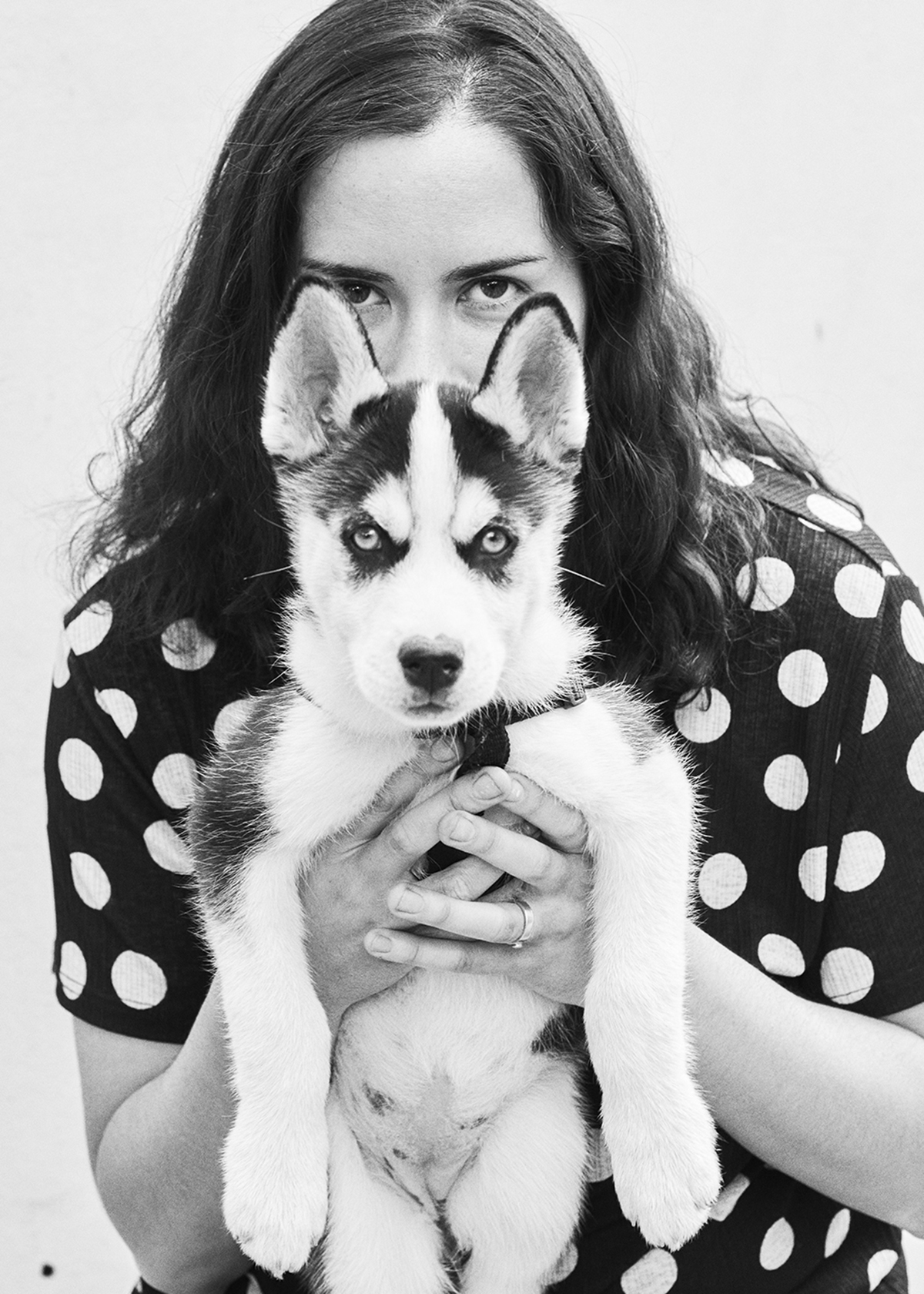
Text: Beth Mark
Photography: Sandra Freij
“At first, there was a debate. A few people were concerned about taking kids into protest and the knock-on effect it could have on their mental health. Still, the experience I was having on the ground with other families was completely different from what was being said. It was actually my kids who were the ones enjoying it the most and who made me keep coming. We were moving against the tide.”
I first met Juliana last year on a zoom call to join the London October Rebellion. Advocating for a peaceful protest, I witnessed her inspiring words put viewers minds at ease and encouraged families from across the UK to join – this very much compelled me to want to learn more… this is her story...
Originally from Brazil, Juliana lives with her husband and their two young children in Brockley, South London, and works as an Urbanist Architect; designing cities to improve how people live in densely populated areas. She is also one of the founding members of the climate group Extinction Rebellion Families.
JULIANA
I first met Juliana last year on a zoom call to join the London October Rebellion. Advocating for a peaceful protest, I witnessed her inspiring words put viewers minds at ease and encouraged families from across the UK to join – this very much compelled me to want to learn more… this is her story...
Originally from Brazil, Juliana lives with her husband and their two young children in Brockley, South London, and works as an Urbanist Architect; designing cities to improve how people live in densely populated areas. She is also one of the founding members of the climate group Extinction Rebellion Families.
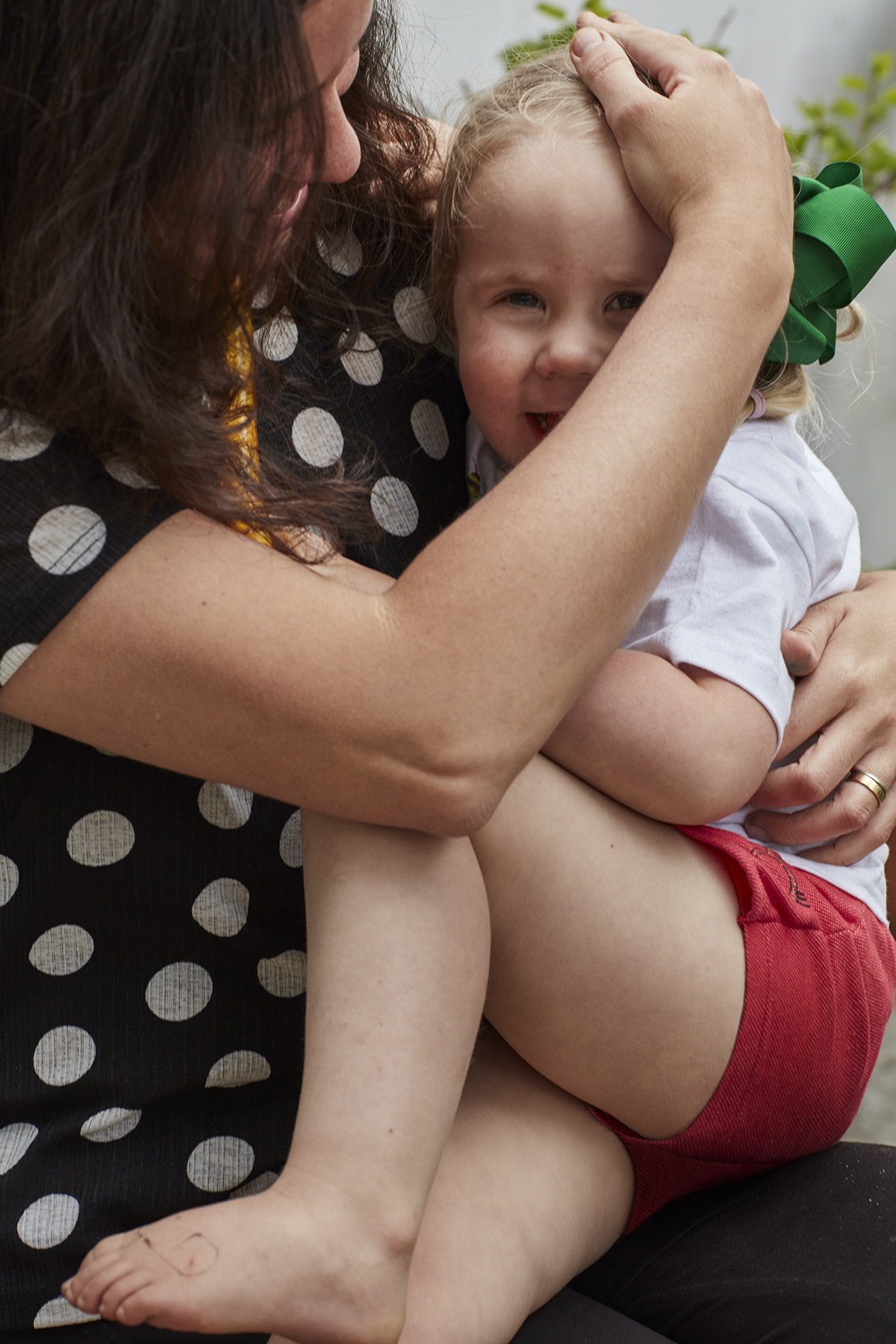
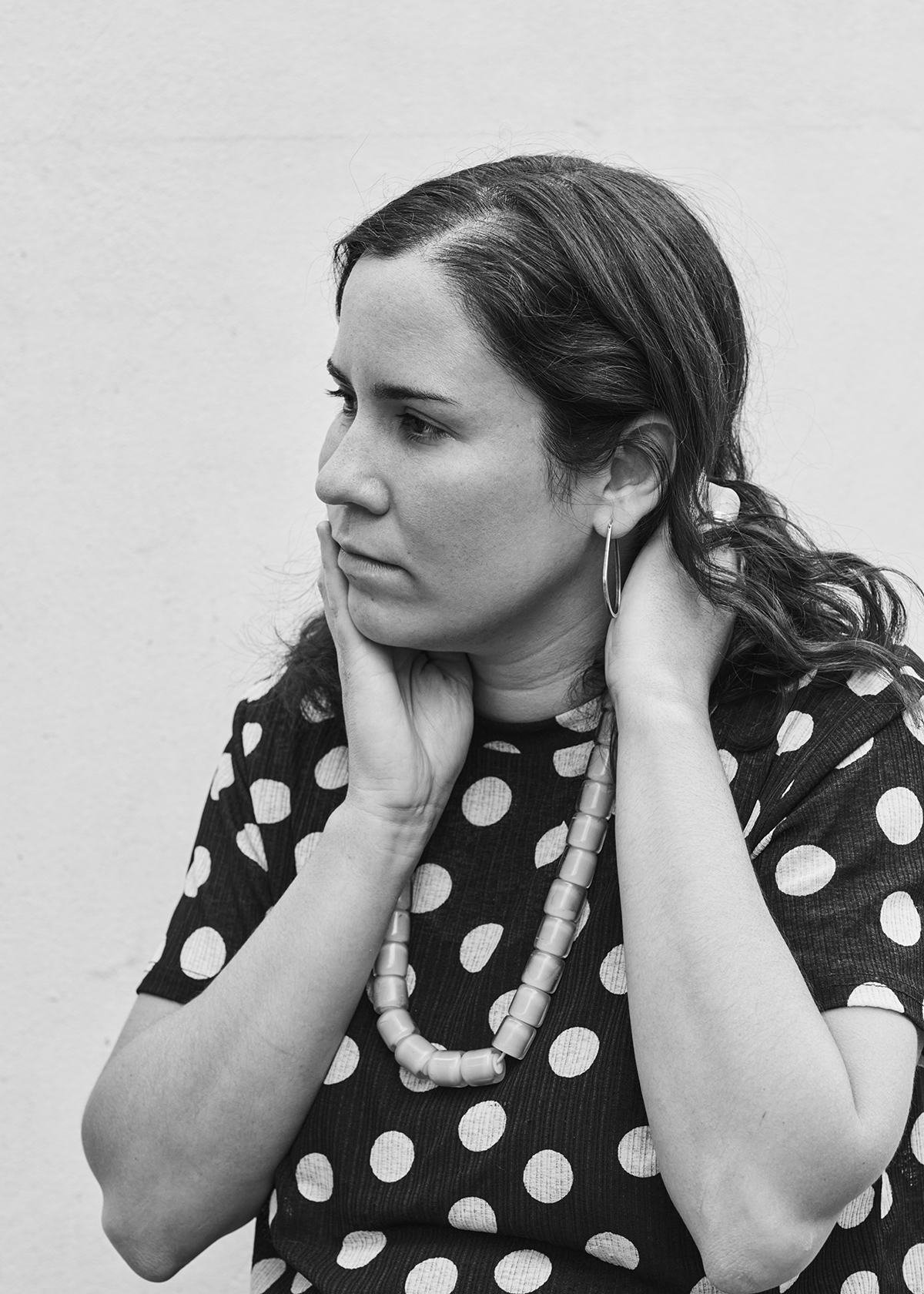
As a busy parent, from the very beginning, Juliana made
activism ‘work for her’ and not the other way around. She has done so by
focusing on her true passions - art, creativity and family.
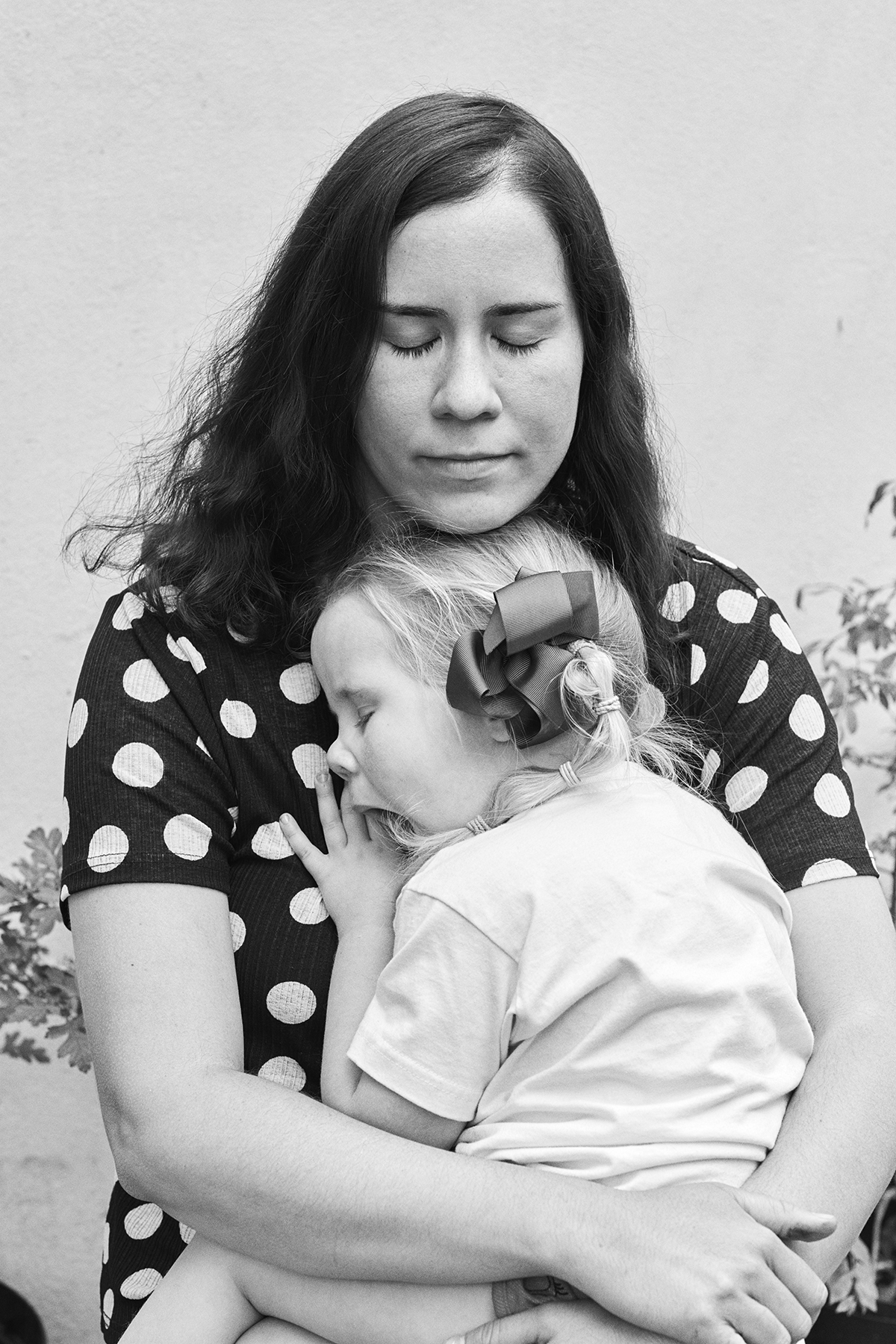
Her journey to a greener way of living first started when Juliana met her husband seven years ago.
He was a vegetarian and introduced her to the notion of not eating meat for the benefit of the environment. Back then, she didn’t fully buy into it, she admits,
“I have always been aware of environmental issues, but as someone who designs cities and is used to dealing with things on a large scale, I thought that there is nothing we can do as individuals… either you change the whole system, or it's not worth it for me. Not eating meat, or using less plastic, feels more like a punishment. I've changed a bit now; I think it does make a difference as it affects and impacts the people around you.”
As a couple, Juliana and her husband started reading more articles about the destruction of the Earth. Still not convinced that individual efforts would fix the problem, they wanted to find something that could make a far-reaching difference. That is when Juliana came across a Facebook advertisement for the 2018 Extinction Rebellion protests in London.
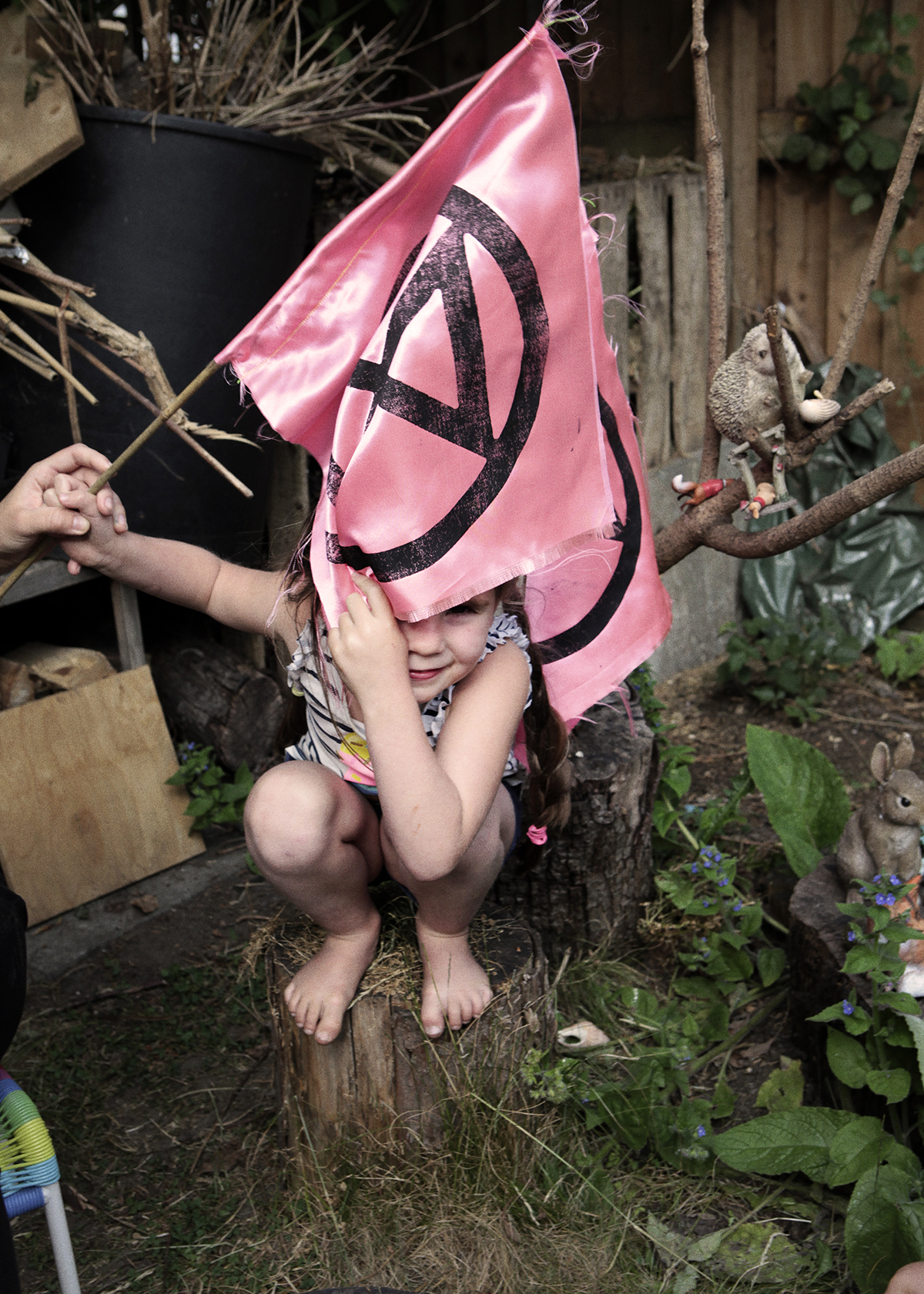
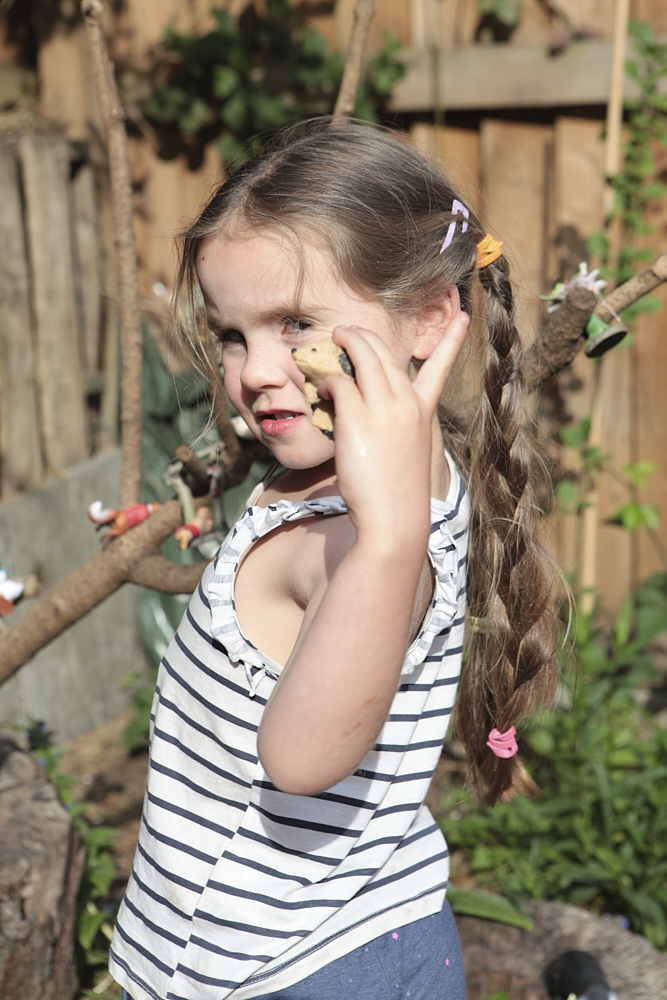
Juliana recalls,
“After researching the group, I thought ‘why not’! This is something I can do besides just being conscious of our consumption. We can go with the kids, and the worst-case scenario is we walk away.”
Extinction Rebellion’s mission for the first protest in London was to close off streets and bridges in the centre to encourage governments to declare a climate and ecological emergency.
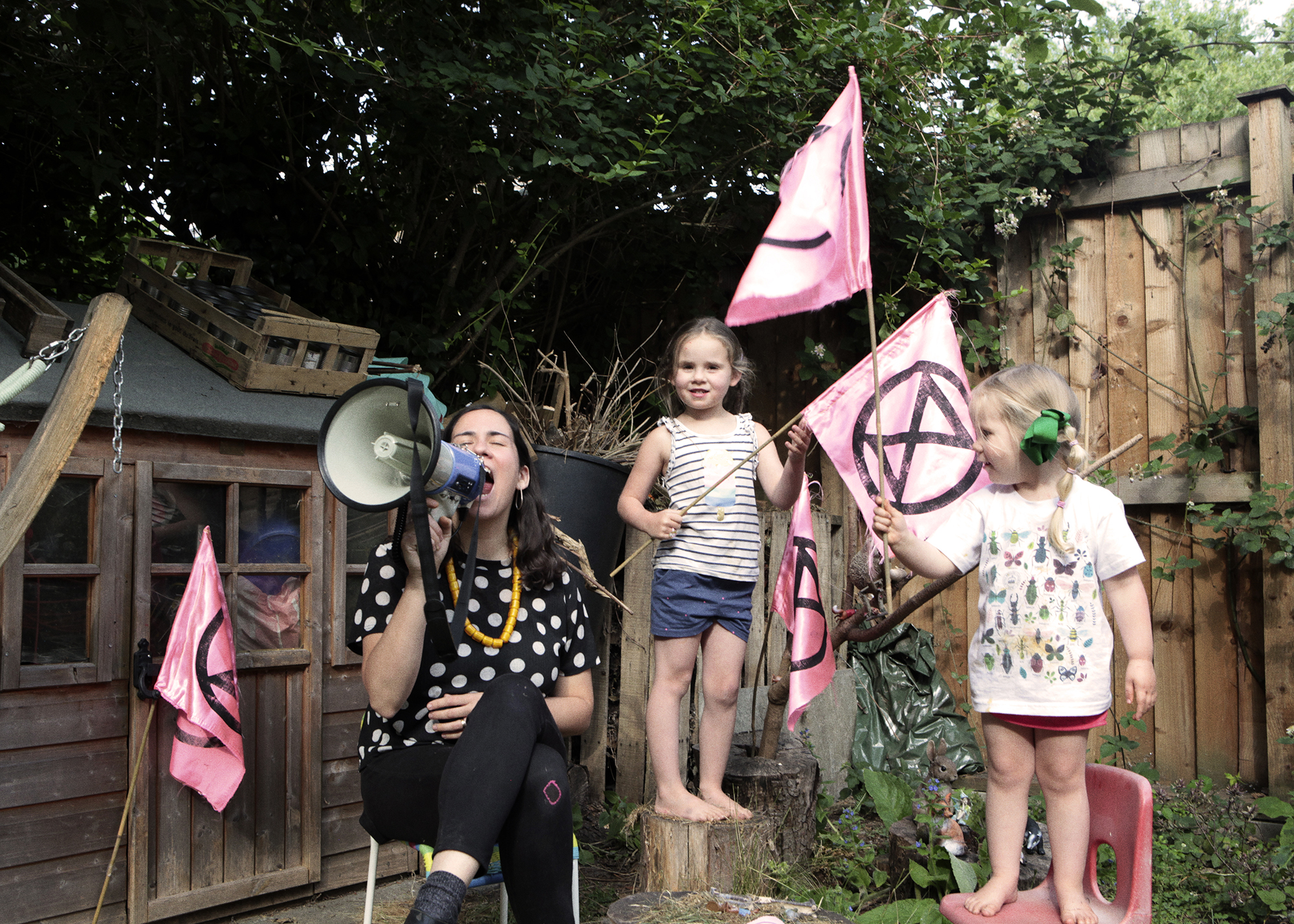
Juliana went on to discuss her first experience of protesting on Blackfriars Bridge,
"At the beginning, I was quite nervous, but when we were ready to take the bridge, all the fear had gone away and all I wanted to do was step up and help other people to do the same. At that point, I had become an activist.”
“We spent the whole day there, and my children loved it. With no toys or anything else, they loved the whole experience. They loved the music, and they loved being on the road with no cars and, most of all they loved having both of us there. My older child, who was three at the time just kept asking to go back, day after day.”
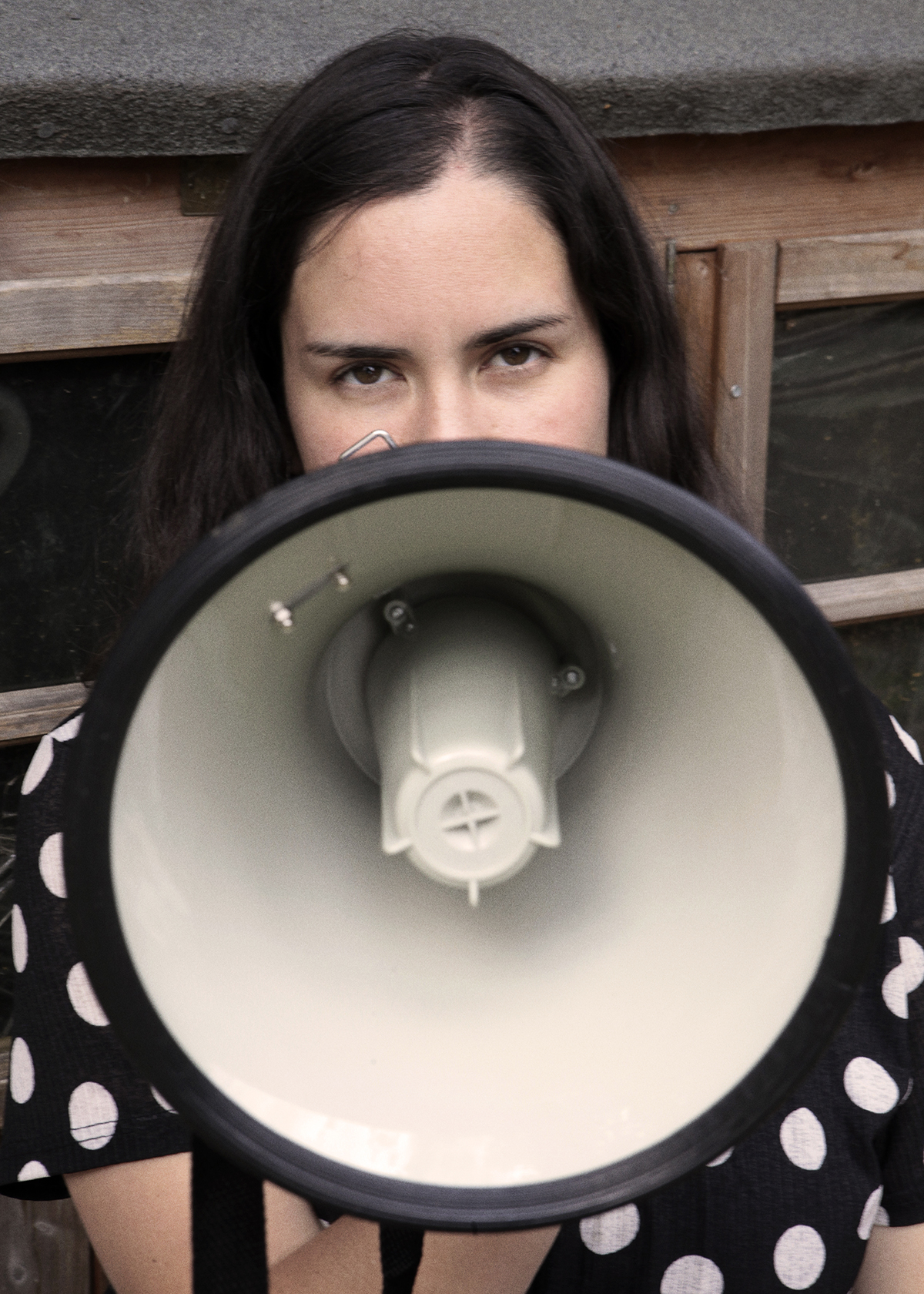
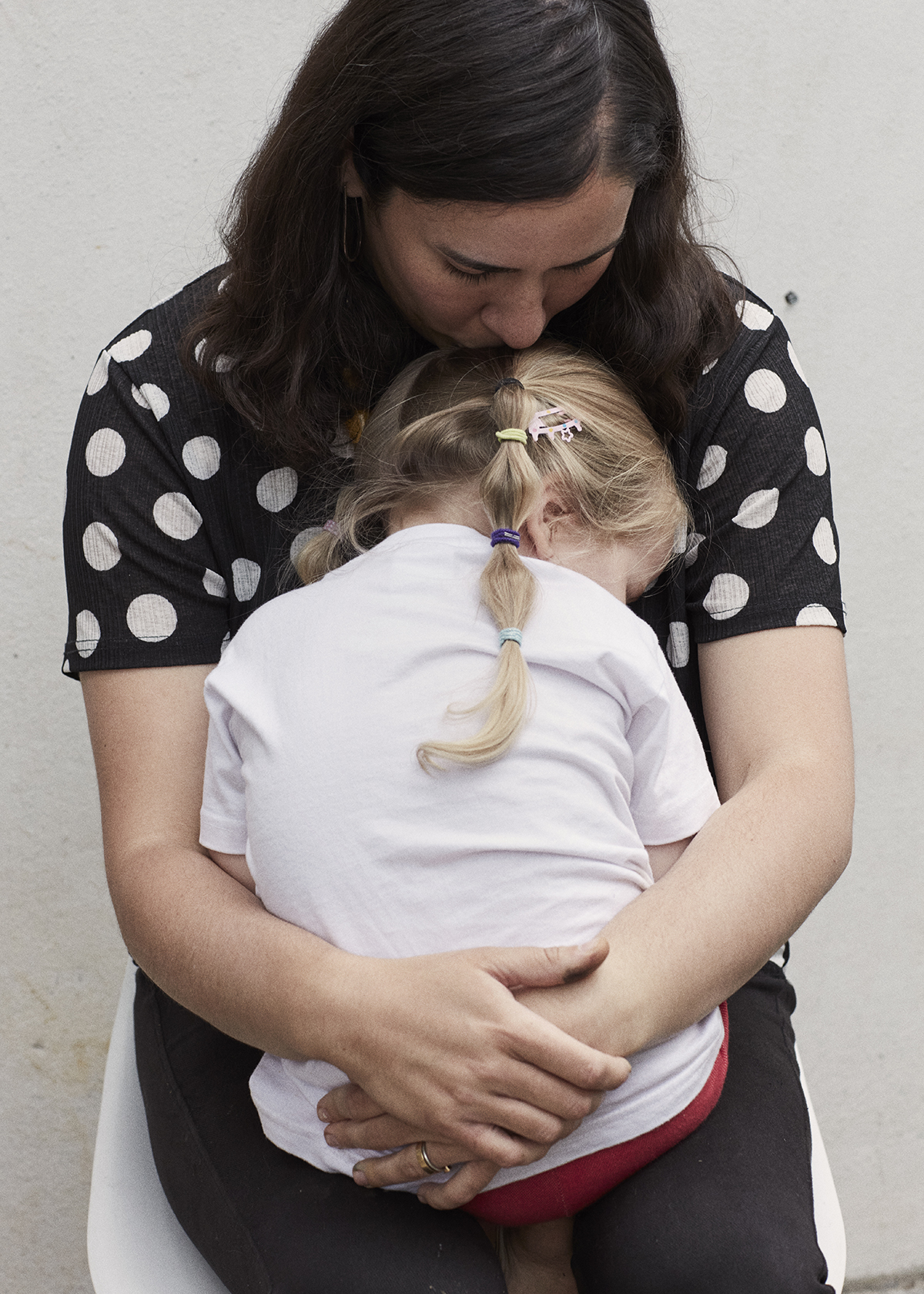
After attending a string of protests (on the request of her daughter mostly), Juliana felt compelled to get more involved. She started attending weekly meetings in the centre of town and joined the media team. Her commitment progressed into getting to know more people and understanding the dynamics of the operation. She enjoyed going to the protests as a family and wanted to empower others to do the same. This idea was what triggered the start of XR Families. Juliana summarised:
“At first, there was a debate. A few people were concerned about taking kids into protest and the knock-on effect it could have on their mental health. Still, the experience I was having on the ground with other families was completely different from what was being said. It was actually my kids who were the ones enjoying it the most and who made me keep coming. We were moving against the tide. While some felt the language wouldn't be suitable for kids, we felt we could make the language we want; we could talk to people to see how to tone it down or how to avoid messaging to suit. I knew enough about XR to understand how open the system was to make it what we wanted it to be.”
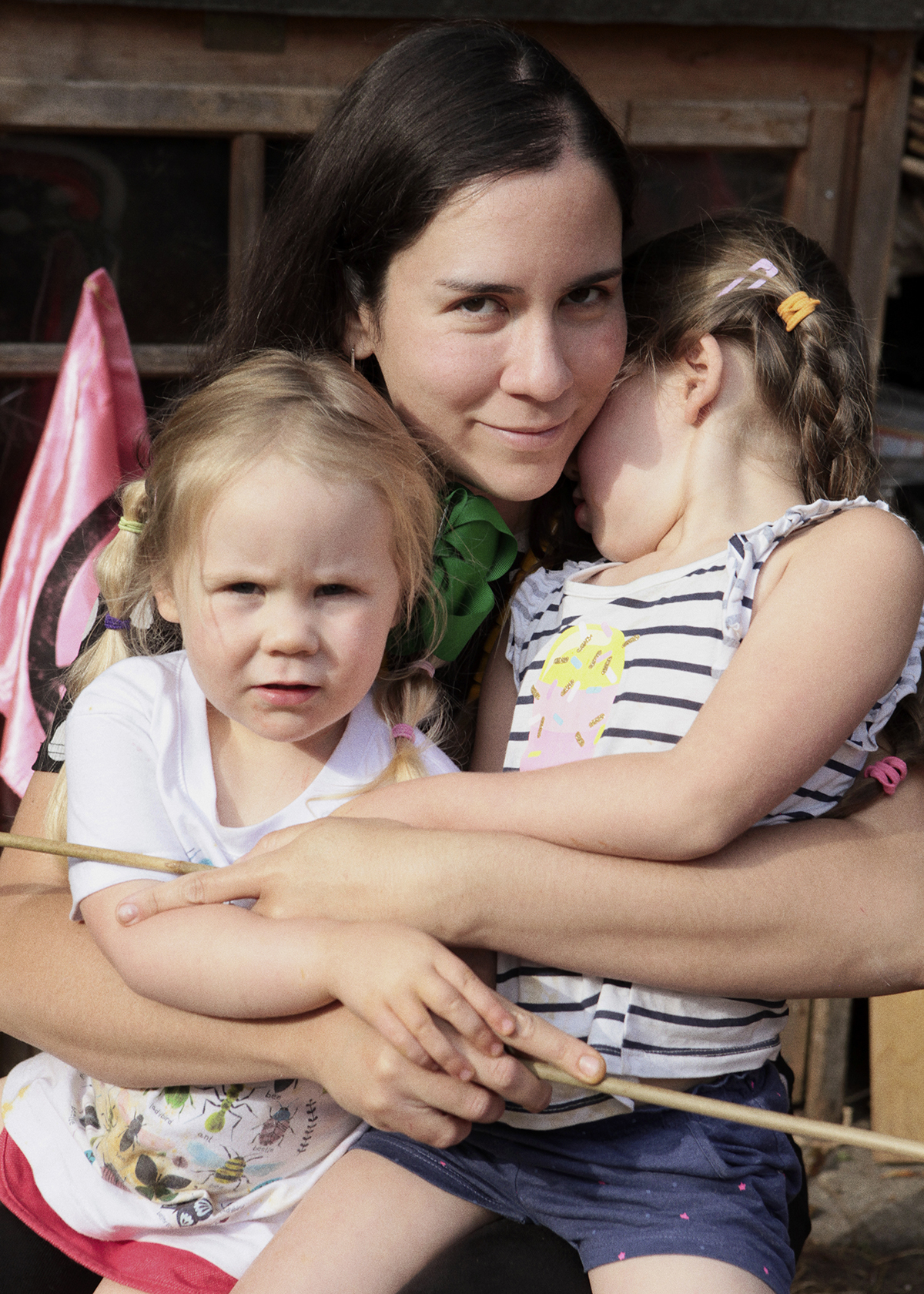

Juliana, along with four other parents, decided to start the
group by supporting Extinction Rebellion and occupying a family zone that provided a space where
people felt safe and could bring items like bubbles and chalk to entertain
their kids.
"For the kids, it was just like a big playground rather than a demonstration. I think it was in April 2019 when people realised that it could be done. We always wanted to build an environment that kids wanted to be there. That was the goal, and I think we achieved it in the April Rebellion.”
"For the kids, it was just like a big playground rather than a demonstration. I think it was in April 2019 when people realised that it could be done. We always wanted to build an environment that kids wanted to be there. That was the goal, and I think we achieved it in the April Rebellion.”
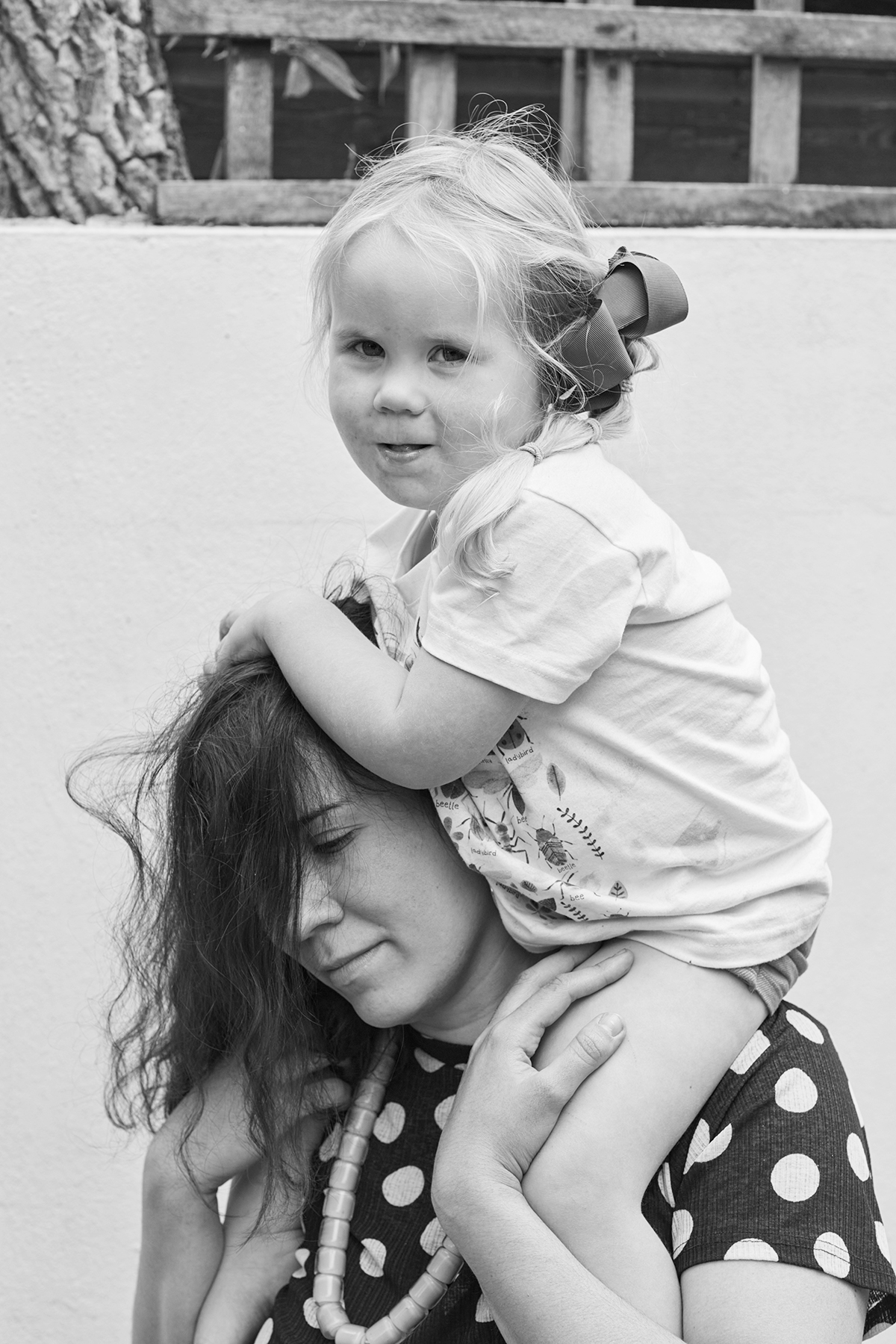
Juliana supported the group to expand across all boroughs in London and successfully established groups in Canada, Australia and Italy. Although she felt a real sense of accomplishment, she missed the hands-on ‘action planning’ role she was used to doing.
“There was a big focus on growing as a movement. As beautiful as it was, the bigger it got, my role became more about coordinating and less about planning actions, which is what I enjoyed. To remain ‘action focused’, I decided to dedicate more of my time on being an architect and an Urbanist, but doing that in an ‘activist-like way’ to promote a move towards creating the world I am fighting for.”
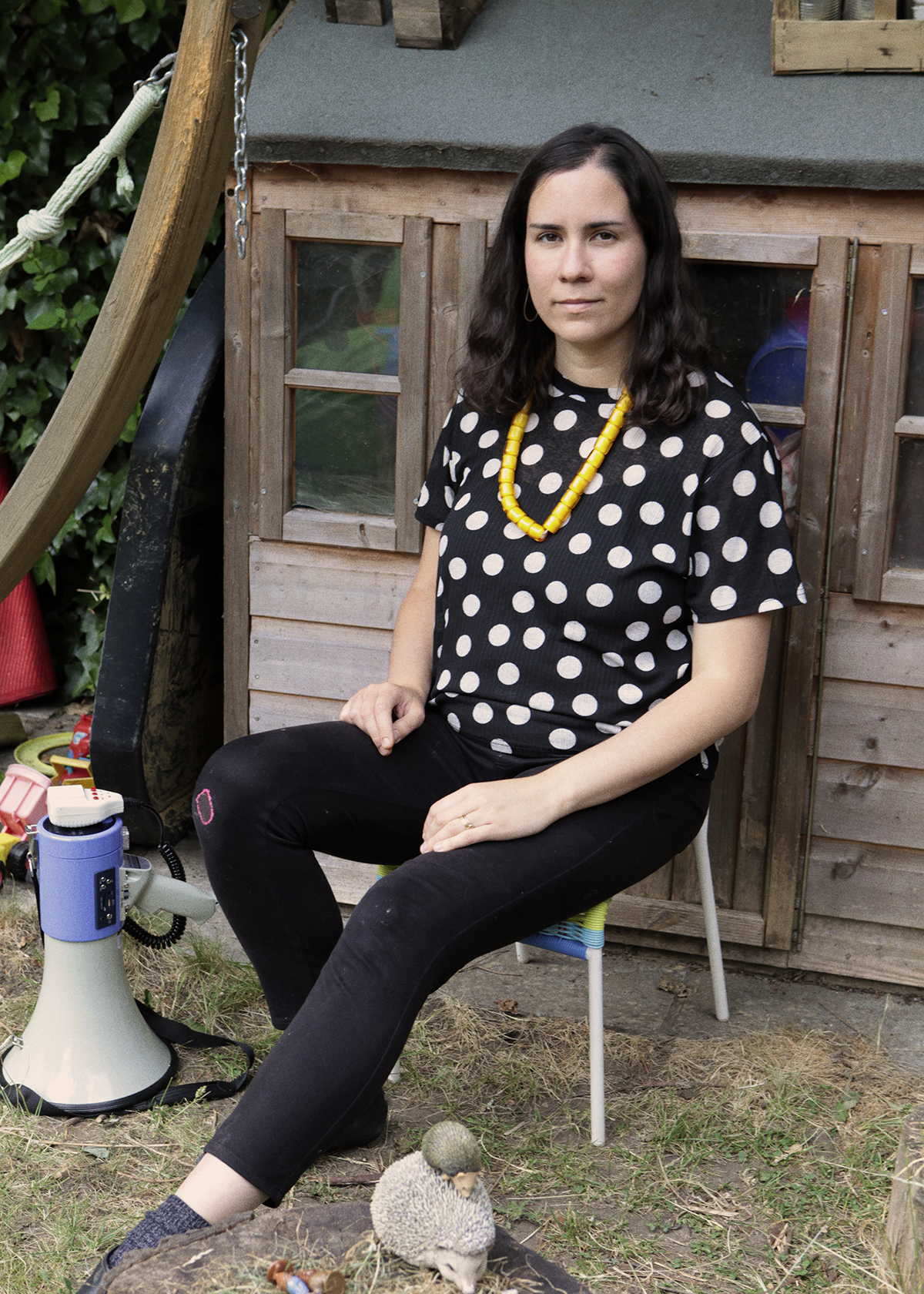
One of the City responses to the COVID epidemic is to plan to open the roads up to cyclists and pedestrians; Juliana hopes to help achieve this in her area.
"I have the skill set to help my borough, so that's what I'm going to do...
We've fought with the government for a long time now - some stuff has changed, some stuff has not. I think now is a unique opportunity to make change happen."
Our conversation turns to her hopes and her goals for the future, Juliana adds,
"The government passing new green laws is just the beginning of a long journey. The best-case scenario is there is an end to the need for XR and other movements to protest.
My short-term goal is to learn how to implement change on a very local level and then learn how to extend that to other areas.
I feel if everybody had the same goal to focus on improving their street, then we could have amazing change, and much faster."
Juliana goes on to discuss her tips for anyone wanting to make a difference locally, she advises,
"See where your passion lies and what you like doing - this will create long term endurance and a love for it.
If there is no group, movement or meeting close by or none that fit your agenda then make one - there are loads of people like you.”
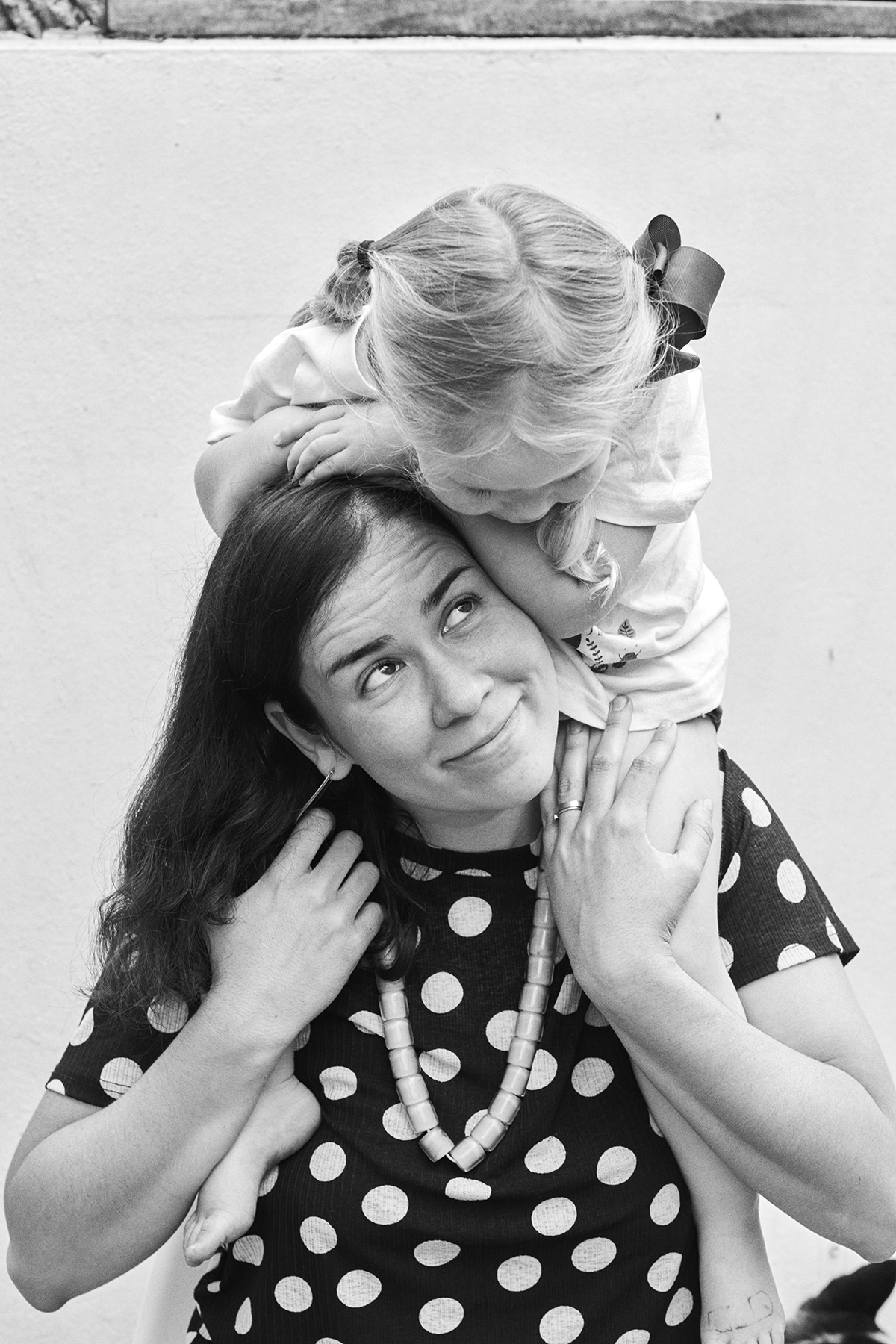
Focus on attending to your needs, and then once you do that, you do it out of pleasure more than out of duty, making it far easier to grow."


That brought our conversation to a close – I would like to thank Juliana for her time and her insight.
I am left thinking about all the new communities built out of the climate movement; where people find solitude and family amongst their fellow climate activists.
The beautiful thing about parent-climate groups is they’re used to working in a family environment, so it comes naturally to support and collaborate with each other - calling on each other’s expertise to make a difference.
I am left thinking about all the new communities built out of the climate movement; where people find solitude and family amongst their fellow climate activists.
The beautiful thing about parent-climate groups is they’re used to working in a family environment, so it comes naturally to support and collaborate with each other - calling on each other’s expertise to make a difference.
Now, more than ever, this is a time to come together – we have a sense that things are shifting and there is an opportunity for something new. Like everyone, we feel the profound impact of the coronavirus crisis, starting conversations about the climate can feel overwhelming. Peoples’ priorities currently lie elsewhere… but maybe it’s possible that by talking about how to recover from one crisis, we can help fix another.
THE THREE TAKE-HOME STATEMENTS:
Activism can and should accompany what you love in life.
Don’t wait for the perfect group to come along – where
there’s a gap - fill it.
Use your role within society to advocate for a green new
world.
Links to further reading
︎︎︎︎︎︎︎︎︎︎︎︎︎ Extinction Rebellion Families Facebook page
https://www.facebook.com/pg/ExtinctionRebellionFamilies/about/?ref=page_internal
︎︎︎︎︎︎︎︎︎︎︎︎︎ Cycling & Walking Investment Strategy Report to
Parliament
https://assets.publishing.service.gov.uk/government/uploads/system/uploads/attachment_data/file/863723/cycling-and-walking-investment-strategy-report-to-parliament.pd
︎︎︎︎︎︎︎︎︎︎︎︎︎ Action Plan to Get More Londoners Cycling
https://www.london.gov.uk/press-releases/mayoral/action-plan-to-get-more-londoners-cycling
London 2020